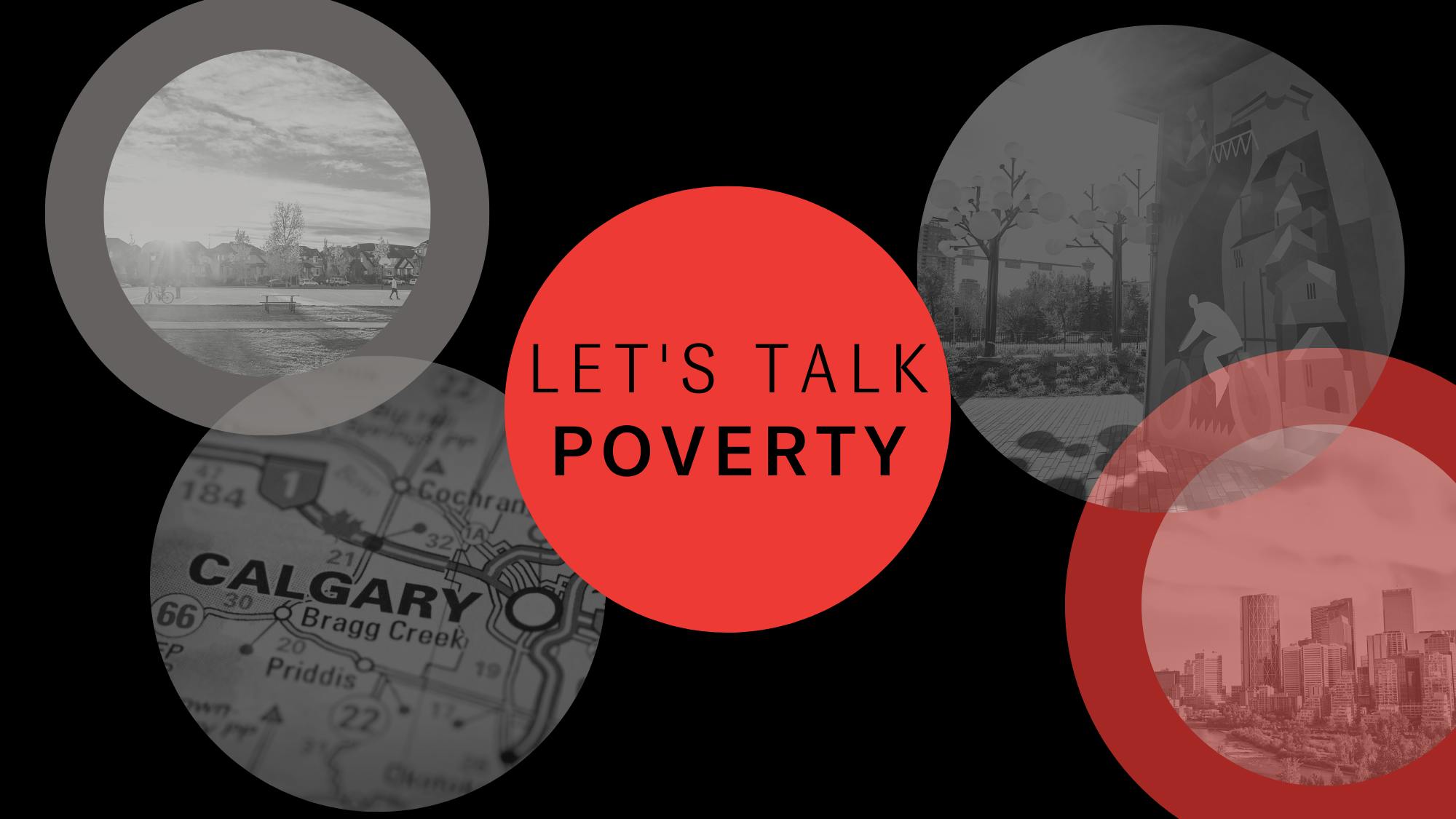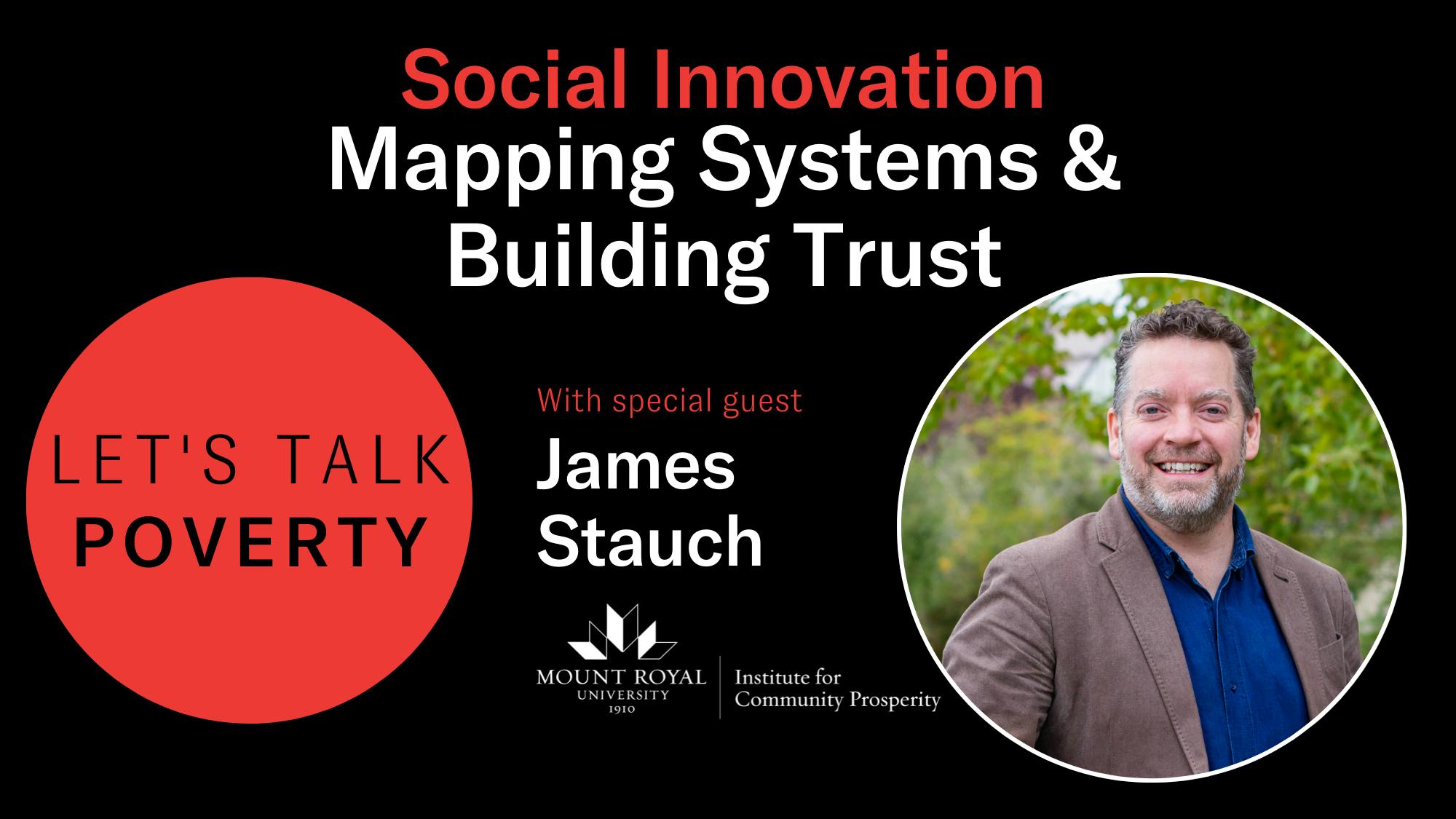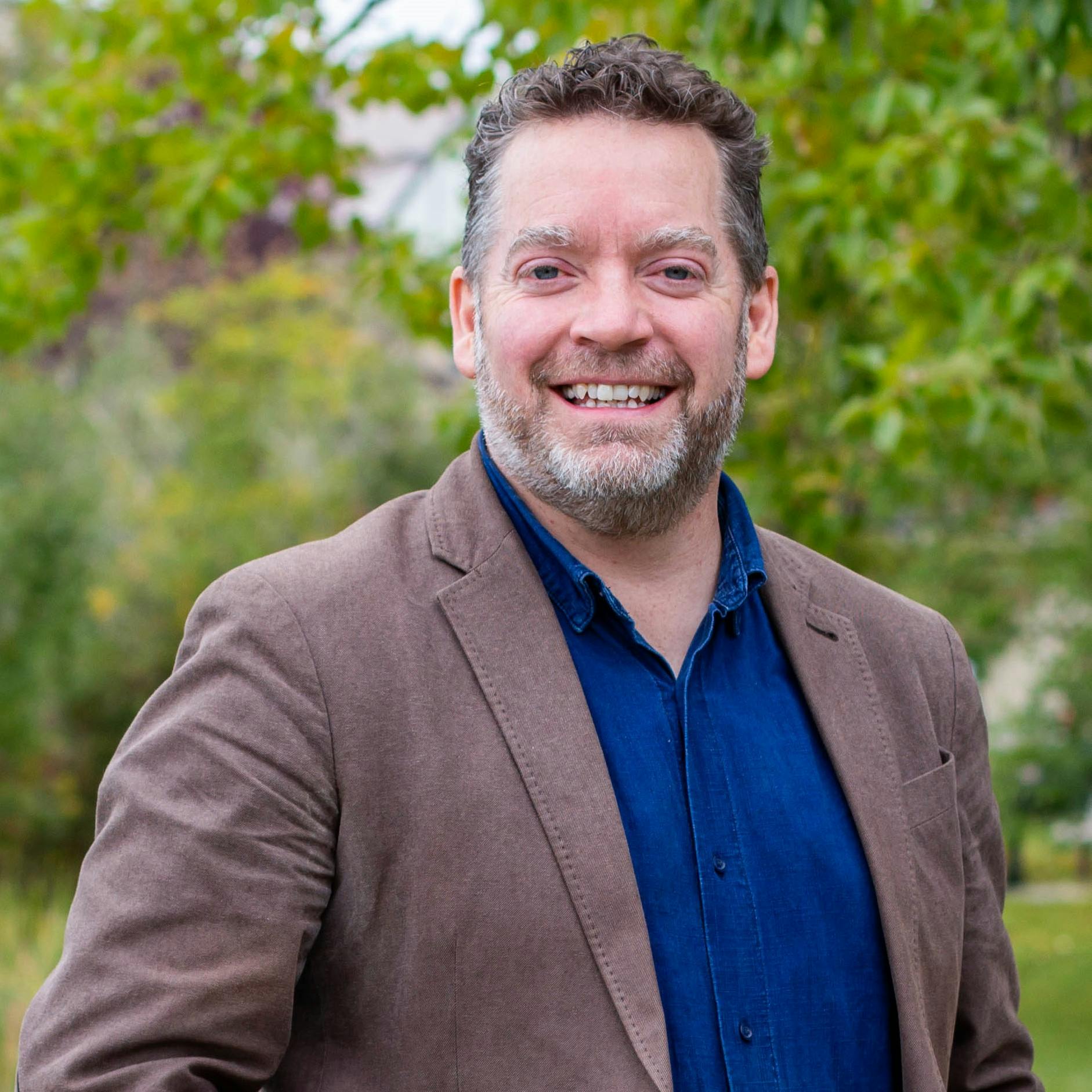In this episode, Jaclyn Silbernagel sits down with James Stauch, executive director of the Institute for Community Prosperity at Mount Royal University, to explore social innovation and social purpose, and how systems mapping is a wayfinding tool that helps deepen one’s understanding of a problem.
Podcast
Episode 15: Social Innovation, Mapping Systems & Building Trust
21 September 2022

Published 21 September 2022
Last Updated 21 September 2022

This episode of Let's Talk Poverty discusses different social enterprise models, the impact of homogeneous groups designing systems, the skills needed to solve complex challenges, and how truly transformative and sustainable change requires many people, many institutions, lots of trusting relationships, and a deep commitment over time.
In this episode
- How systems mapping is a wayfinding tool that deepens one’s understanding of a problem. A tool used to help illuminate systems, understand the key players and their roles, and if you layer maps there’s an opportunity to dig into the nature of people’s relationship to an issue. Through mapping, you start to build a picture in people’s minds about what’s working, what’s not, what’s broken, and where the points are in which you could potentially intervene and leverage some kind of change.
- Discussion about a variety of topics including different social enterprise models, the impact of homogeneous groups designing systems, the skills needed to solve complex challenges, and if we’ll need to be shocked into doing something about the social challenges we face.
- Concept of a knowledge district and what it could mean for our city, and how an Indigenous Gathering Place should be at the centre of dialogue, knowledge generation, and knowledge sharing.
Three key takeaways
- How social innovation improves how we invest in or contribute to or enhance the common good in some way, and how it should never happen in isolation from community, people’s lived experience, or in isolation from some measure of collaboration.
- Why truly transformative and sustainable change requires many people, many institutions, lots of trusting relationships, and a deep commitment over time.
- Thoughts on how the competitive space in Calgary can act as a barrier to collaboration, but at the same time acknowledging that Calgary has a willingness to take risks and is open to new possibilities.
About James Stauch
James Stauch is the Executive Director of the Institute for Community Prosperity at Mount Royal University where he has developed or co-created social innovation, leadership, and systems-focused learning programs for both undergraduates and the broader community. A former foundation executive and philanthropy and social change consultant, James currently serves as a Director on the Board of Alberta Ecotrust, as an Advisor to Nonprofit Resilience Lab, and on the Editorial Advisory Board of The Philanthropist. He is the lead author of an annual scan of trends and emerging issues, produced in partnership with the Calgary Foundation. His recent contributions to community-partnered knowledge production include The Right to Eat Right; Aging & Thriving in the 21st Century; Merging for Good: A Case-Based Framework for Nonprofit Amalgamations; In Search of the Altruithm: AI and the Future of Social Good; The Problem Solver's Companion: A Practitioners' Guide to Starting a Social Enterprise, co-produced with Shaun Loney and Encompass Co-op; and A Student Guide to Mapping a System, co-produced with Systems-Led Leadership and the Skoll Centre for Social Entrepreneurship at the University of Oxford.
About the Institute for Community Prosperity at MRU
The Institute for Community Prosperity connects learning, research and change leadership to build community and strengthen the common good. Their commitment is to ensure that students and citizens have access to learning opportunities and research that will help them lead transformative change in their communities. These values translate into three learning themes that define their focus: social innovation, philanthropy, and transformative leadership.
Share your thoughts. Have an idea for us to explore or a question for us? Send us a message!
Focus Areas
Tags
Attribution

